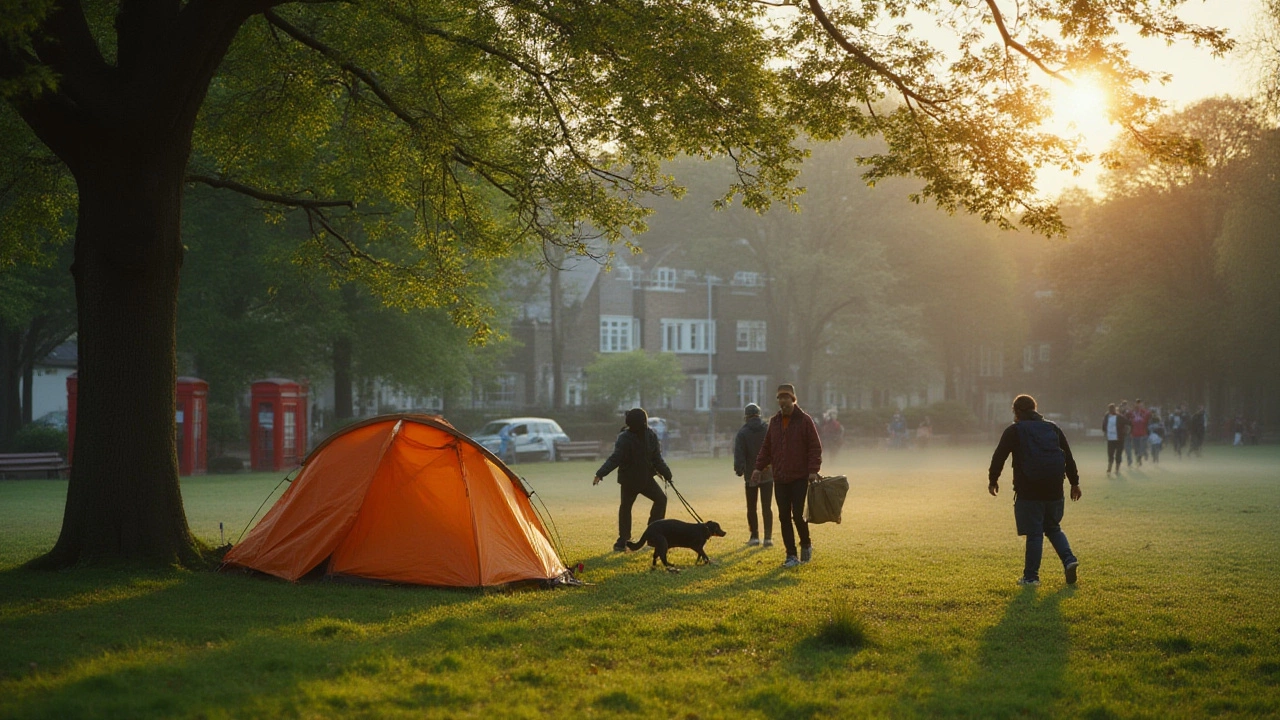UK Wild Camping Law: What You Need to Know in 2025
Thinking about pitching a tent under the stars without a campsite? You can, but only if you know the rules. The UK’s wild camping laws are a patchwork of rules that differ between England, Wales, Scotland and Northern Ireland. Getting confused can lead to a fine, a stern warning, or an uncomfortable night being asked to move.
The Basics of Wild Camping Laws in England, Wales and Scotland
In England and Wales, wild camping is mostly illegal on private land unless you have the landowner’s permission. Public rights of way let you walk, but they don’t give you a right to stay overnight. Local byelaws can also ban camping on beaches, parks or protected areas. If you’re caught, fines can range from £50 to £500, and the police can ask you to leave immediately.
Scotland is the outlier. The Scottish Outdoor Access Code lets you camp on most unenclosed land, as long as you follow the “Leave No Trace” principles. That means setting up away from crops, not blocking access routes and leaving the spot exactly as you found it. Even in Scotland, some areas—like nature reserves or private estates with posted signs—still forbid camping.
Practical Tips to Camp Legally and Stay Safe
1. Ask first. If you see a sign with a phone number or a contact, give the landowner a quick call. A friendly ask can turn a no‑go into a yes.
2. Use designated spots. Scotland’s “wild camping” hotspots include the Cairngorms, Loch Lomond and the Isle of Mull. In England, places like Dartmoor have “permitted camping” zones where you can stay for up to 2 nights.
3. Keep it low‑key. Set up late, leave early and avoid bright lights. The quieter you are, the less likely you’ll attract attention.
4. Follow the Leave No Trace rules. Pack out all trash, bury human waste at least 15cm deep, and don’t disturb wildlife. A tidy site reduces the chance of a complaint.
5. Know the fines. If a council officer or police officer tells you to move, obey right away. Refusing can increase the fine and may lead to a court case.
6. Check local byelaws. Many coastal towns have specific rules about beach camping. A quick search for “[town name] beach byelaw” can save you from a pricey ticket.
7. Carry proof of permission. A text message or email from the landowner can help if you’re stopped. Show it politely and you’ll usually be let go.
8. Plan your route. Use apps that mark legal wild camping areas. They often include user reviews about how easy it was to stay without trouble.
Remember, the goal is to enjoy nature without causing problems for others. When you respect the land and the local rules, wild camping stays a fun, low‑cost way to explore the UK’s beautiful countryside.
Got more questions? Drop a comment or check out our other guides on motorhome hire and campsite tips. Happy camping!
Can You Pitch a Tent in a Public Park UK: Rules, Tips & What Campers Need to Know
Find out if you can camp in a public park in the UK, the rules you need to follow, and handy tips you won't want to miss. Stay legal and hassle-free.
